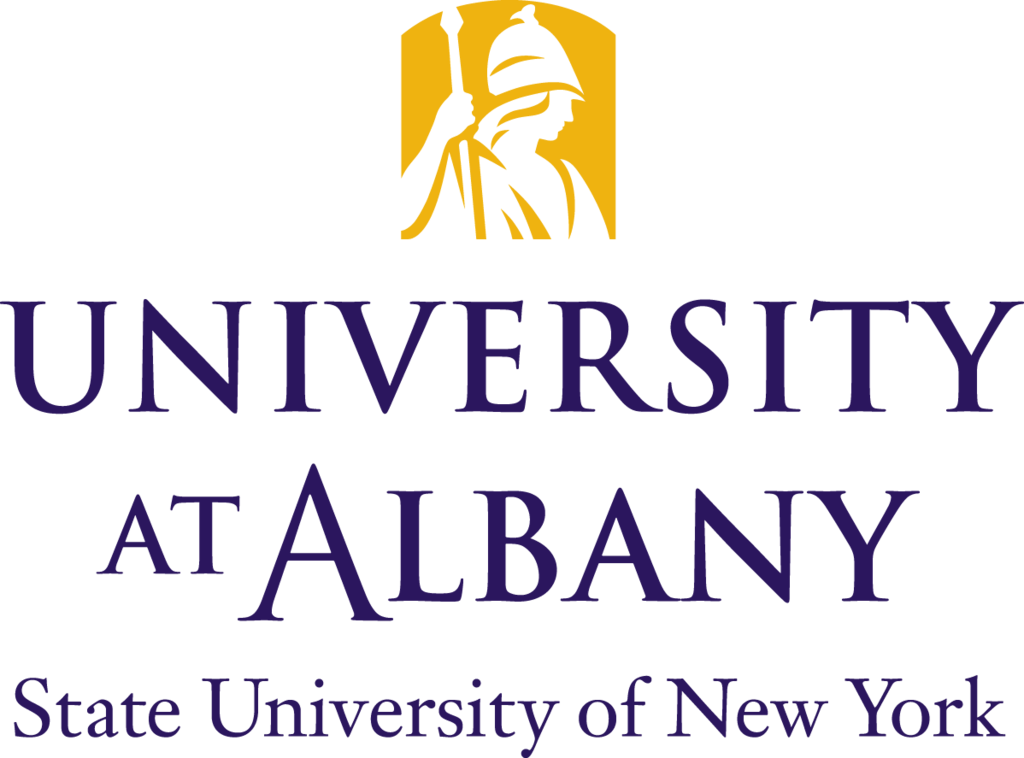ALBANY, N.Y. (Jan. 7, 2022) – As COVID-19 cases surge in schools due to the highly transmissible omicron variant, the pandemic’s impact on educational outcomes for students continues to be a major concern.
Researchers at UAlbany’s Rockefeller College of Public Affairs and Policy found that school districts with larger populations of traditionally disadvantaged minority students have faced more barriers to in-person instruction that students from majority white school districts. This echoes similar findings by the CDC and others that students subjected to distance models have suffered academically, socially and emotionally, and that remote learning has a similar stressful impact for parents.
The University at Albany has numerous faculty experts who can discuss the impact of the COVID-19 pandemic on learning, including emotional and academic outcomes for students.
Kristen Wilcox, associate professor of Educational Policy & Leadership. Her research delves into questions around policy and leadership as well as curriculum and instruction with a consistent emphasis on what malleable factors within classrooms, schools, and districts impact socioeconomically, linguistically and culturally diverse youth outcomes.
“Our studies, based on data from more than 900 educators and support staff serving in PreK-12 schools in New York, indicate students’ education and mental health have been affected by the pandemic in largely negative ways and that the degree of impact is related to vulnerabilities such as growing up in poverty or being socially isolated,” Wilcox said.
Hal Lawson, professor of Educational Policy & Leadership and professor Social Welfare. He has done extensive work creating partnerships among schools, families, community agencies, neighborhood organizations, governments, businesses and higher education institutions to improve school performance, particularly in order to meet the needs of vulnerable populations and their communities.
“Superintendents, district officers and principals are caught in a web of conflicting needs and demands associated with teachers, students and working parents who depend on schools for childcare in addition to academic learning and social development,” Lawson said. “School districts with enduring personnel problems (e.g., teacher shortages) are especially hard hit.”
Other experts include:
Ashley Fox, associate professor of Public Administration and Policy, Rockefeller College of Public Affairs and Policy. Her research focuses on comparative health politics of policy and the effects of social policies on health outcomes. Her research has examined global responses to infectious diseases including HIV/AIDS, Ebola, Zika, and COVID-19 as well chronic disease politics and policy.
Erika Martin, associate professor of Public Administration and Policy at the Rockefeller College and faculty affiliate at the Center for Collaborative HIV Research in Practice and Policy, School of Public Health. Martin is an expert in health policy, with a focus on public health services, infectious disease policy, resource allocation, and public health data infrastructure.
Kathryn S. Schiller, associate professor & department chair of Educational Policy & Leadership; also affiliate faculty member of Sociology. Her research interests have included public/private school comparisons, school choice, transitions between levels of schooling, and the relationship of state policies to student achievement.
Lucy Sorensen, assistant professor Public Administration and Policy at Rockefeller College. Sorensen conducts research exploring interactions between education policy and human development. She uses large longitudinal datasets to evaluate K-12 school policies and examine the determinants of individuals’ academic, social-emotional, and health developmental trajectories.
About the University at Albany:
A comprehensive public research university, the University at Albany-SUNY offers more than 120 undergraduate majors and minors and 125 master's, doctoral and graduate certificate programs. UAlbany is a leader among all New York State colleges and universities in such diverse fields as atmospheric and environmental sciences, business, education, public health, health sciences, criminal justice, emergency preparedness, engineering and applied sciences, informatics, public administration, social welfare and sociology, taught by an extensive roster of faculty experts. It also offers expanded academic and research opportunities for students through an affiliation with Albany Law School. With a curriculum enhanced by 600 study-abroad opportunities, UAlbany launches great careers.
###
